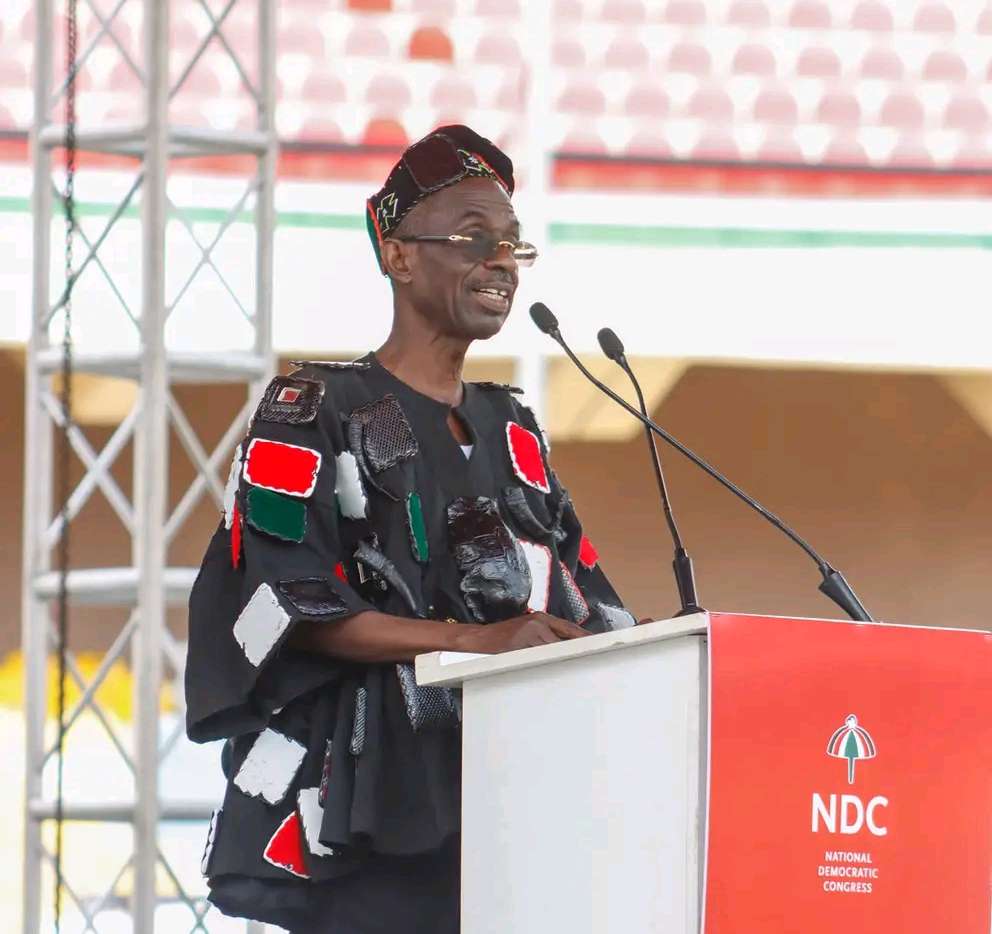Julie Fujishima, the niece of the late Johnny Kitagawa, has publicly recognized her uncle’s history of sexual abuse and resigned from her position as the president of Japan’s most influential talent agency, which he founded.
In Japan, this revelation sexual abuse by Johnny Kitagawa has not sparked shock but rather a realization that these allegations had long been known but suppressed, and are now coming to light.
For decades, sexual assault allegations had lingered around Kitagawa, with those who attempted to expose him often silenced. He held immense power in the entertainment industry and had substantial legal resources to counter any challenges.
Although some of the allegations were substantiated in civil court, Kitagawa was never criminally charged. Despite his predatory behavior, he was simultaneously celebrated for creating stars and mentoring prominent figures in the J-pop scene.
For aspiring Japanese teenage boys seeking stardom, enduring this abuse became the “unspoken price for stardom,” as one article aptly noted. One victim featured in the BBC documentary, “Predator – The Secret Scandal of J-pop,” revealed that he was told to tolerate it if he wanted to safeguard his career.
Kitagawa, a feared yet revered figure in the industry, wielded power and influence over his talent. The media largely avoided addressing these accusations until Bunshun Weekly reported on them in 1999.
The entwined relationship between the media, entertainment industry, and Johnny Kitagawa, who commanded both talent and media attention, explains why this scandal persisted.
Japan’s culture of shame and silence surrounding sexual abuse also contributed to the prolonged cover-up of such a massive scandal. Speaking out about sexual violence can lead to backlash, particularly for women in Japan.
Add the complexity of same-sex abuse by a powerful older man against aspiring young boys desperate for fame, and the layers of difficulty in exposing the truth become apparent.
The impact on Japan’s entertainment industry remains uncertain. Substantial changes are required within the J-pop talent agency, a cornerstone of boyband culture in Japan.
However, the agency’s attempt at a “new page” has faced early setbacks. The new boss, Noriyuki Higashiyama, is himself facing allegations of sexual misconduct. His response to the accusations was evasive.
While Julie Fujishima resigned, she retains 100% ownership of the company’s shares and will oversee compensation for victims in her capacity as the representative director.
One prominent aspect has remained unchanged: the agency’s name. This decision has been met with dismay by many victims who find it insulting to retain the name after the atrocities they endured.
Once synonymous with entertainment and Japan’s J-pop culture, Johnny and Associates is now a disgraced brand associated with the mastermind behind Japan’s largest sexual abuse scandal.






































